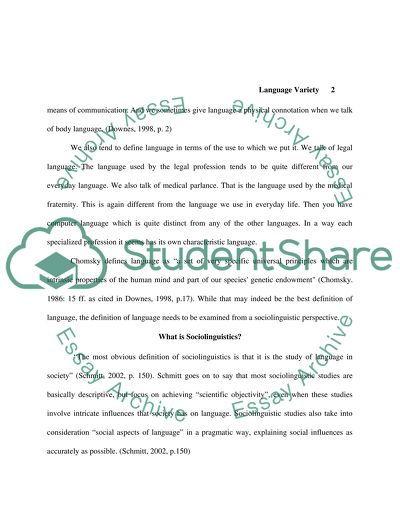Cite this document
(“Language Variety Essay Example | Topics and Well Written Essays - 2000 words”, n.d.)
Language Variety Essay Example | Topics and Well Written Essays - 2000 words. Retrieved from https://studentshare.org/english/1509937-language-variety
Language Variety Essay Example | Topics and Well Written Essays - 2000 words. Retrieved from https://studentshare.org/english/1509937-language-variety
(Language Variety Essay Example | Topics and Well Written Essays - 2000 Words)
Language Variety Essay Example | Topics and Well Written Essays - 2000 Words. https://studentshare.org/english/1509937-language-variety.
Language Variety Essay Example | Topics and Well Written Essays - 2000 Words. https://studentshare.org/english/1509937-language-variety.
“Language Variety Essay Example | Topics and Well Written Essays - 2000 Words”, n.d. https://studentshare.org/english/1509937-language-variety.


